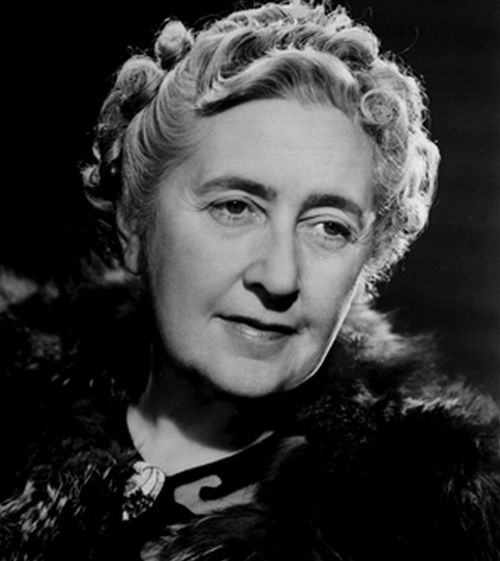When we hear people on TV talking about prisons in Lebanon, we only think of: corruption, overcrowding, unsuccessful reinsertion, useless incarceration etc. These prison problems were never a priority or even a concern in my life. I am a common Lebanese citizen that has never had any interaction with prisons or prisoners, I have absolutely no juridical knowledge as well as no authority at all. All I ever wanted to do was to encourage people in Lebanon to read because it built me up and helped me many times and because I believe that it would help us as Lebanese solve many of our problems that stem from ignorance. Can you believe that an Arab individual on average reads only a quarter of a page a year compared to the 11 books read by an American and seven books by a British person?!!! (For reference click here). Most of you might be aware of the fact that reading can help make us better people as many studies confirm it (For reference: click here), but did you also know that reading might solve some of the prison problems mentioned above???
Well it can and it will for I have decided to make this my goal to achieve.
"Once you learn to read, you will be forever free". Frederick Douglass
How? Well, the idea is to offer inmates the chance to read for their freedom. Brazil is the first country to propose such program whereby prison sentence is lightened by 4 days for each book read and summarized. By doing so, prisoners who are offered the chance to read up to twelve works of literature (classics, philosophy or science) per year can reduce their sentences by up to 48 days a year.
Moreover, specialists find that a person who gets this opportunity isn’t just going to get a lighter sentence, but that they will also get to “leave prison more enlightened and with an enlarged vision of the world” (For reference click here). Similarly, ex convicts testify that the books they read in prison helped them become who they should have been and some have been even inspired to write their own story and make people aware of the mistakes they should not commit (For reference: click here and here).
Based on all the above, this system seems suitable for countries with prison overcrowding problems as well as for those aiming at guidance and reinsertion of minors or majors with prison sentences. Therefore, I tried to find out whether we had something like that already in Lebanon and there wasn't. I did find out however, that book donation programs for prisons exist and that they have already done a great job supplying prisons with reading materials. In my opinion, and logically speaking, chances of book donations alone encouraging prisoners to read might not necessarily be high. However, if one offers prisoners the opportunity to read in exchange for freedom, then most certainly a great number will engage in reading for they will now have a "motivation" that is of critical nature to changing their bookless lifestyle.
I also enquired about the technical feasibility of the project and according to a friend of mine (and a professional in this domain) for this project to see the light, it has to be studied, formulated as a law amendment material and submitted by the "human rights committee" for the parliament to vote on it (I am not sure I explained this well, but I hope you get the picture). Finally, the fact that this law is applied elsewhere makes the law studying and writing process easier and increases the chances of its approval.
This is not as impossible as it seems after all! So people let's make this project happen. Join in if you can help, let's think of a plan together. Feel free to tell me what I can or should do next and don't forget to spread the word. This project is happening starting of today.
I also enquired about the technical feasibility of the project and according to a friend of mine (and a professional in this domain) for this project to see the light, it has to be studied, formulated as a law amendment material and submitted by the "human rights committee" for the parliament to vote on it (I am not sure I explained this well, but I hope you get the picture). Finally, the fact that this law is applied elsewhere makes the law studying and writing process easier and increases the chances of its approval.
This is not as impossible as it seems after all! So people let's make this project happen. Join in if you can help, let's think of a plan together. Feel free to tell me what I can or should do next and don't forget to spread the word. This project is happening starting of today.
Cheers





























